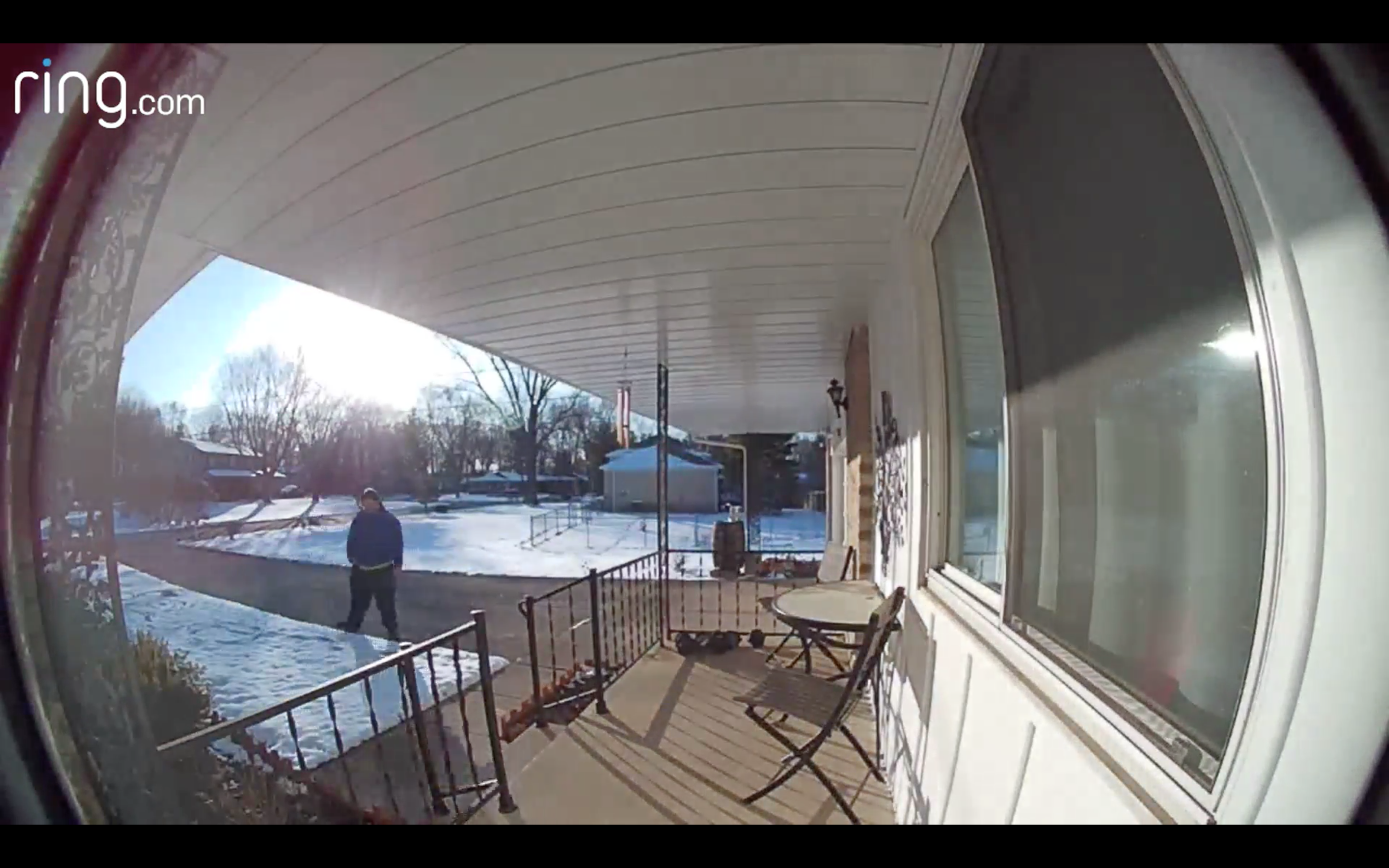 A colleague recommended the Netflix original Black Mirror. So far, it’s be an incredibly disturbing set of Philip K Dickian-type stories involving humanity’s failures with using their own technology responsibly. And “disturbing” might be a bit of an understatement. I find them to be haunting, like the stuff my subconscious latches onto in order to feed me back nocturnal hellscapes.
A colleague recommended the Netflix original Black Mirror. So far, it’s be an incredibly disturbing set of Philip K Dickian-type stories involving humanity’s failures with using their own technology responsibly. And “disturbing” might be a bit of an understatement. I find them to be haunting, like the stuff my subconscious latches onto in order to feed me back nocturnal hellscapes.
So I found the show’s title to be aptly named, as I assumed it was an allusion to “through a glass, darkly”. Despite my growing aversion to organized religions, I can’t escape my exposure to it during my youth, and I had remembered the Bible verse.

Of course, I didn’t remember where exactly, so curiosity won out and I resorted to the Internet to fill in the information gap. Turns out it’s from Corinthians 13:12. I walked to the bookshelf and retrieved a bible (something we’re certainly not short on–there were 3 (why do we have 3 Bibles?)).
“For now we see in a mirror dimly, but then face to face…” Wait, what? That’s not right. I shelved the Bible, scoffing at its translation. The power of culturally-significant prose can invoke strong contempt when modified, just as my copy of The Divine Comedy pissed me off when I realized it was a more contemporary translation. You can’t do that!
So I pulled out my copy of the Oxford Study Bible, complete with the King James’ omitted texts:
“For now we see only a reflection as in a mirror; but then face to face…” That’s not right either. What the hell? The mystery deepened, and out of stubbornness, so too did grow my resolve.
Eventually, I found a site with the translation I was looking for, and as it turns out, the verse so well-known had been King James’. Go figure, that the version everyone knew was that of the most ubiquitous translation. But this begs the question: why were there so many different translations? The site I found offered over 20. I compared them:
- “For now we see in a mirror dimly, but then face to face…” So I can’t understand myself as others see me.
- “For now we see only a reflection as in a mirror; but then face to face…” Wait, so what I see is only a facsimile of the world.
- “For now we see through a glass, darkly…” Okay, this is the translation I’m used to. What I see is a filtered version of the world.
- “Now all we can see of God is like a cloudy picture in a mirror…” Now we’re referencing God directly. So understanding of the divine is limited. Makes sense.
- “What we see now is like a dim image in a mirror; then we shall see face-to-face…” I don’t understand myself, but I will when I die?
My problem is that a text so important to people that they use it as a moral guide, maybe shouldn’t be translated so lightly. I realize that the attempt is to give an ancient writing modern context, but in so doing, we modify its very meaning. Stop it!
Maybe the glass was just dirty and needs to be Windexed.
–Simon






